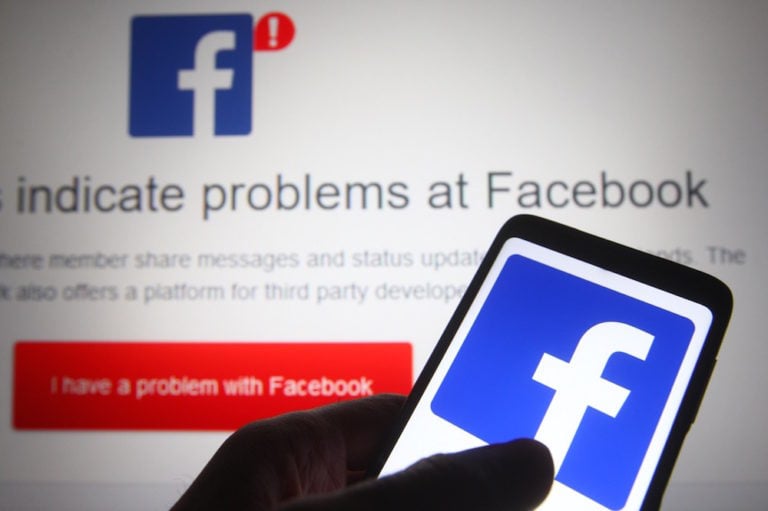Articles by Electronic Frontier Foundation (EFF)

Victory for fair use: The Supreme Court reverses the Federal Circuit in Oracle v. Google
In a win for innovation, the U.S. Supreme Court has held that Google’s use of certain Java Application Programming Interfaces (APIs) is a lawful fair use. The Court recognized that copyright only promotes innovation and creativity when it provides breathing room for those who are building on what has come before.

EFF: India’s strict rules for online intermediaries undermine freedom of expression
The Electronic Frontier Foundation said India’s 2021 Rules restrict companies’ discretion in moderating their own platforms and create new possibilities for government surveillance of citizens.

Dystopia Prime: Amazon subjects its drivers to biometric surveillance
Amazon, the company that brought you Ring doorbell cameras and Rekognition face surveillance, has a tenuous understanding of both privacy and consent.

Facebook treats punk rockers like crazy conspiracy theorists, kicks them offline
Facebook and the problem of ‘false positives’.

The Justice in Policing Act does not do enough to rein in body-worn cameras
Reformers often tout police use of body-worn cameras (BWCs) as a way to prevent law enforcement misconduct. But, far too often, this technology becomes one more tool in a toolbox already overflowing with surveillance technology that spies on civilians.

Scholars under surveillance: How campus police use high tech to spy on students
It may be many months before college campuses across the U.S. fully reopen, but when they do, many students will be returning to a learning environment that is under near constant scrutiny by law enforcement.

Officials in Baltimore and St. Louis put the brakes on Persistent Surveillance Systems spy planes
In recent weeks, officials in both cities voted unanimously to spare their respective residents from further invasions on their privacy and essential liberties by a panoptic aerial surveillance system designed to protect soldiers on the battlefield, not residents’ rights and public safety.

Indonesia’s proposed online intermediary regulation may be the most repressive yet
The internet regulation introduced in November 2020 by the Indonesian Ministry of Communication and Information Technology (Kominfo) seeks to tighten the government’s grip over digital content and users’ data.
